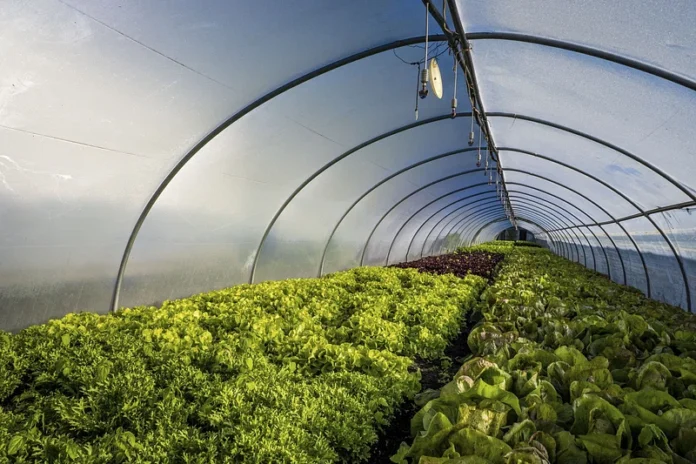In recent years, the global community has increasingly recognised the importance of sustainable farming practices. These practices not only protect our environment but also ensure the long-term viability of agriculture, which is essential for feeding a growing population.
In this blog post, we explore the benefits of sustainable farming, techniques for sustainable soil management, and water conservation methods in agriculture. We’ll also touch on why good hay storage matters in regards to sustainable farming.
Table of Contents
What are the Benefits of Sustainable Farming?
Sustainable farming offers numerous benefits that extend beyond the farm itself. Here are some key advantages:
- Environmental Protection: Sustainable farming practises reduce pollution, conserve water, and improve soil health. By minimising the use of harmful chemicals and synthetic fertilisers, farmers can protect local ecosystems and biodiversity.
- Economic Viability: Sustainable farming can lead to reduced costs over time. Practises like crop rotation and organic farming decrease dependency on expensive inputs like pesticides and fertilisers, improving the farm’s bottom line.
- Social Responsibility: By adopting sustainable practices, farmers contribute to the wellbeing of their communities. These practises often involve fair labour practices and contribute to food security by producing healthy and safe food.
- Climate Resilience: Sustainable farms are better equipped to withstand extreme weather conditions. Practises like agroforestry and cover cropping can enhance the farm’s resilience to climate change by improving soil structure and reducing erosion.
Some Key Techniques for Sustainable Soil Management
Healthy soil is the foundation of successful farming. Here are some techniques for sustainable soil management:
- Crop Rotation: This practise involves growing different types of crops in the same area in sequential seasons. Crop rotation prevents soil depletion, reduces pest and disease buildup, and improves soil fertility.
- Cover Cropping: Planting cover crops, such as clover or legumes, during off-seasons protects the soil from erosion, enhances soil structure, and adds organic matter.
- Composting: Adding compost to soil improves its fertility and structure. Composting recycles organic waste into valuable nutrients for crops, reducing the need for chemical fertilisers.
- Reduced Tillage: Minimising soil disturbance helps maintain soil structure, reduce erosion, and enhance water retention. Conservation tillage methods, like no-till farming, can significantly improve soil health.
Water Conservation Methods in Agriculture
Water is a precious resource in agriculture – implementing water conservation methods is crucial for sustainable farming. Here are some effective strategies:
- Drip Irrigation: This system delivers water directly to the plant roots, reducing water waste and evaporation. Drip irrigation is highly efficient and promotes healthy plant growth.
- Rainwater Harvesting: Collecting and storing rainwater for agricultural use helps reduce dependence on groundwater and surface water sources. Rainwater can be used for irrigation, livestock, and other farm needs.
- Mulching: Applying mulch around plants helps retain soil moisture, reduce evaporation, and suppress weeds. Organic mulches, such as straw or wood chips, also contribute to soil fertility as they decompose.
- Efficient Water Management: Monitoring soil moisture levels and using weather forecasts can help farmers irrigate more efficiently. Smart irrigation systems and sensors can optimise water usage and prevent over-irrigation.
One final note on sustainable farming is that proper hay storage is an often-overlooked aspect of sustainable farming – good hay storage ensures that feed quality is maintained, reducing waste and preventing spoilage.
Implement these tips and practises for a more sustainable and eco-friendly farm today
In conclusion, sustainable farming practices are essential for protecting our environment, supporting economic viability, and ensuring food security. By adopting techniques for sustainable soil management and water conservation, farmers can create resilient and productive agricultural systems. Let’s embrace these practices for a greener and more sustainable future.
Apart from this, if you are interested to know more about SEO Marketing Can Transform Your Business then visit our Business category.
















